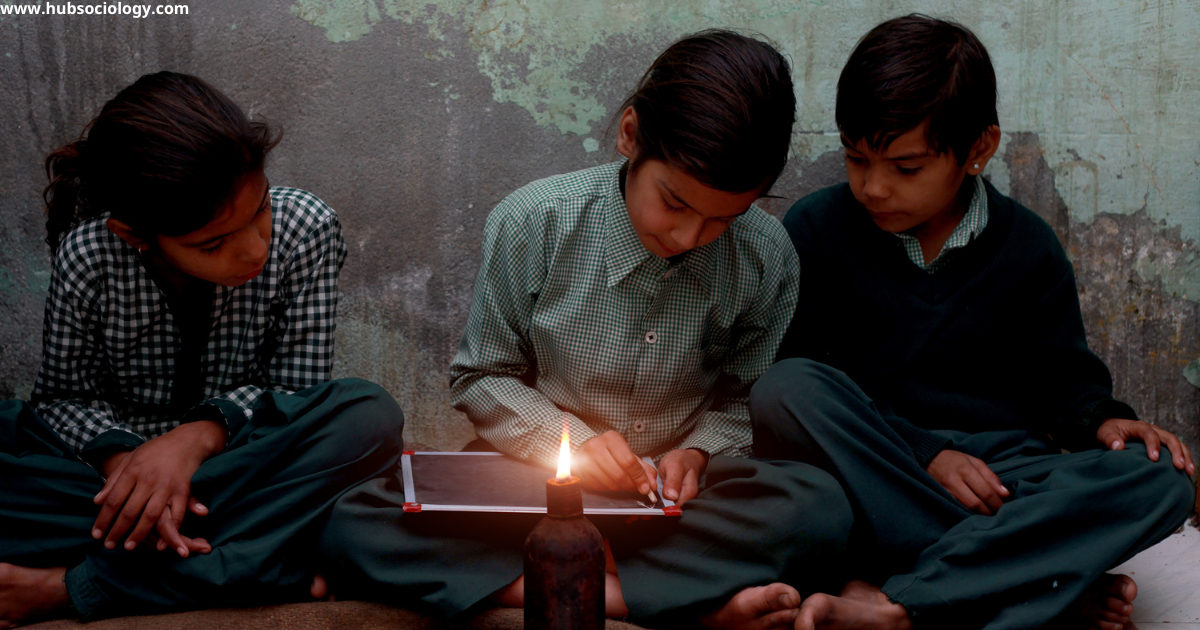Sociology of Education: Why Schools Still Create Inequality?
Introduction Education has long been celebrated as the great equalizer — a pathway through which individuals can transcend social barriers and achieve upward mobility. However, sociological inquiry reveals a paradox: while education promises equality of opportunity, in practice it often reproduces and legitimizes existing social inequalities. Schools, instead of being neutral grounds of meritocracy, have … Read more









